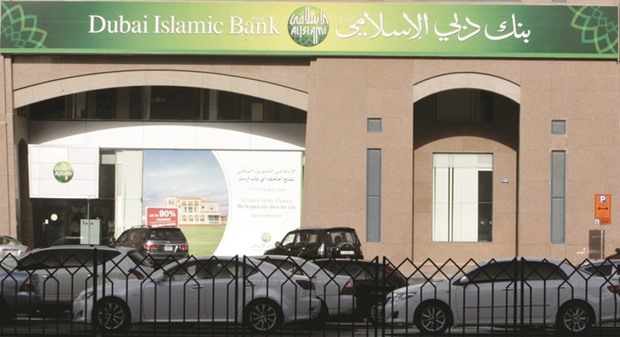It’s rarely been this good for Islamic bond investors.
Not only have global-dollar sales climbed to $14bn this year, a record for the period and relief after a dearth of offerings in the second half of 2015, but some issuers are willing to pay up to attract Islamic cash.
Indonesia, the biggest borrower, Dubai Islamic Bank and the emirate of Sharjah are among those paying more for funds.
Investors in Shariah-compliant debt can thank the drop in commodity prices, as governments that rely on raw material and energy exports grapple with budget gaps and tap their deposits at banks, pushing local-currency borrowing costs higher. While lending has declined across Asia, the Middle East and North Africa this year, dollar sukuk sales climbed 19%.
“There’s a need for corporates to issue because the easy bank financing that they’re used to is becoming tighter and that’s not expected to change any time soon,” said Bashar al-Natoor, the Dubai-based global head of Islamic finance at Fitch Ratings. Sales will probably continue after a “quiet Ramadan and summer,” he said.
Amid a decline in oil prices bank liquidity has tightened across the six-nation Gulf Cooperation Council, which typically accounts for at least a third of dollar sukuk sales. Saudi Arabia’s interbank interest rate has more than doubled in the past 12 months to the highest in more than seven years, while loans-to-deposit ratios at banks in the region are climbing, including in the UAE and Qatar.
Against that backdrop, Islamic bond sales from the GCC climbed 21% this year. Dubai Islamic Bank, the UAE’s biggest Shariah-compliant lender, paid 230 basis points above midswaps to raise $500mn in a five-year sukuk in March, almost double the previous year. Sharjah’s five-year debt sold in January was offered at a 3.839% profit rate, compared with 3.764% on 10-year notes issued less than two years ago.
The flood of sales mean it hasn’t all been good news for Islamic debt investors. The average yield on sukuk from the Middle East climbed for the first time in four months in May to 4.66% as prices fell, according to JPMorgan Chase & Co indexes. The yield had climbed to a five-year high of 5.25% in January.
The increasing borrowing costs aren’t deterring Asia’s sovereign issuers. Indonesia paid 4.55% for 10-year Shariah-compliant bonds in March, up 23 basis points from a year earlier. Malaysia paid 20 basis points more than in 2015 for $1bn of 10-year bonds sold in April.
“Countries reliant on commodity exports, faced with the prospect of a widening current-account position, have been forced to borrow dollars,” said Angus Salim Amran, the Kuala Lumpur-based head of markets at RHB Investment Bank Bhd, the third-biggest arranger of Malaysian bonds. The probability of a Federal Reserve interest-rate increase this year “could spur further issuance in the second half as more issuers circumvent higher US funding costs,” he said.

Dubai Islamic Bank, the UAE’s biggest Shariah-compliant lender, has paid 230 basis points above midswaps to raise $500mn in a five-year sukuk in March, almost double the previous year.
